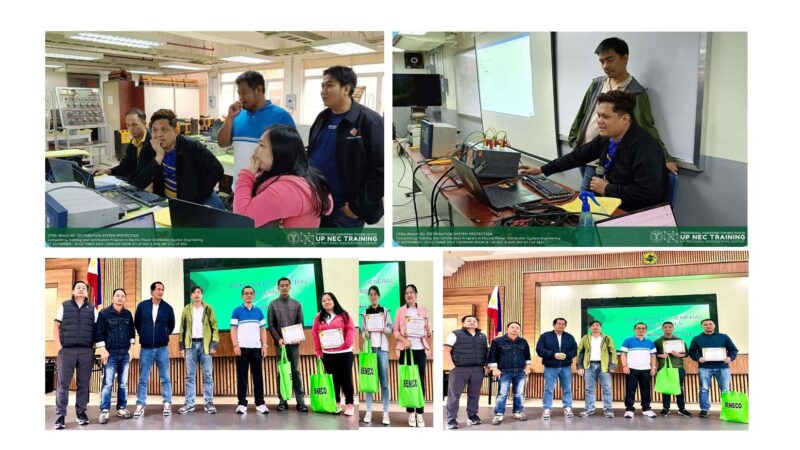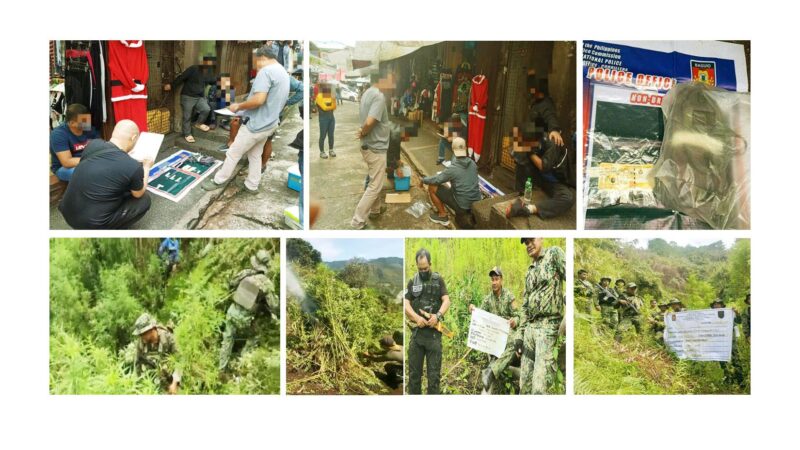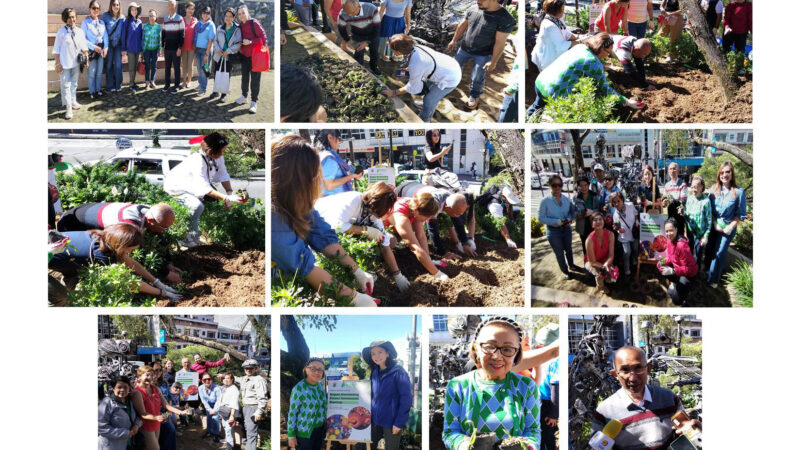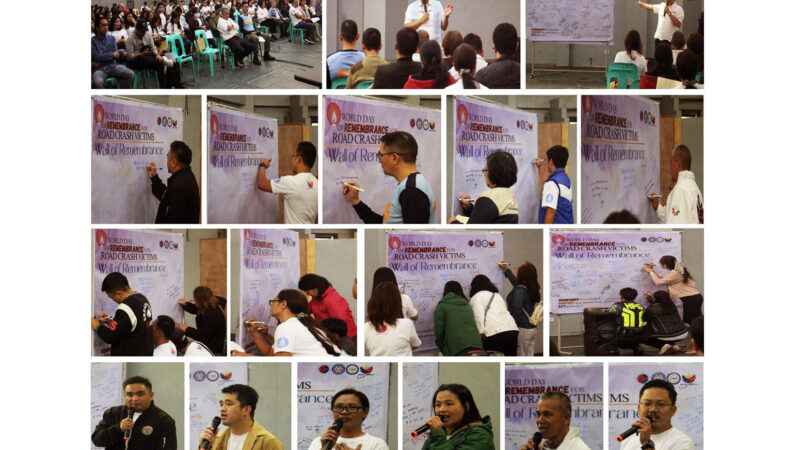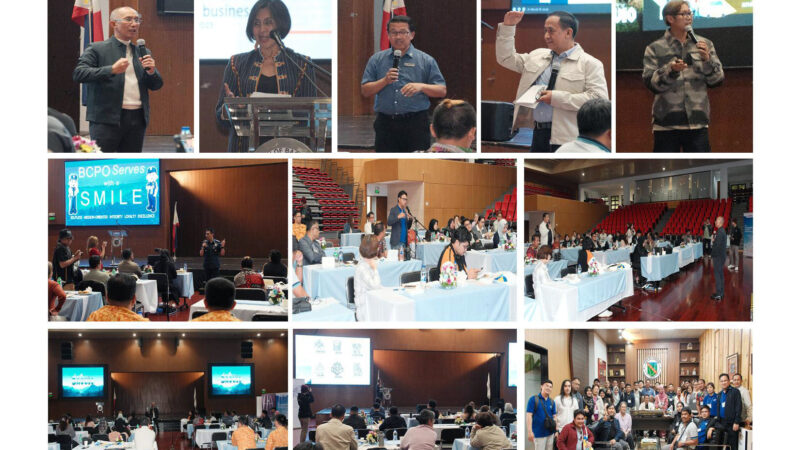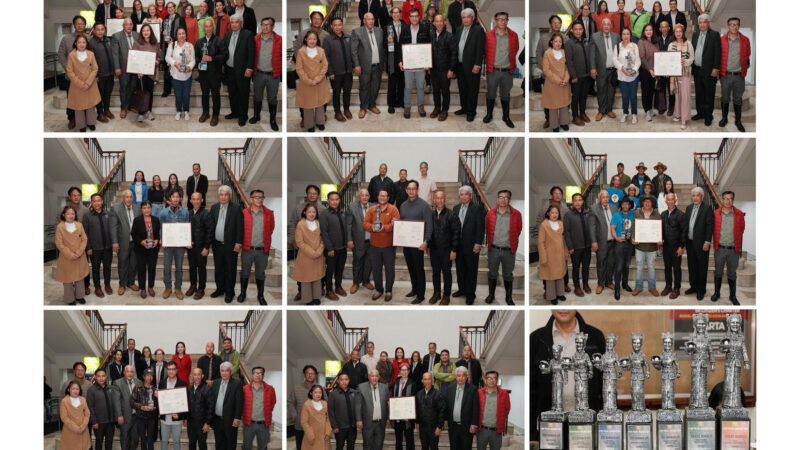City lists water resources sustainability as resilience priority
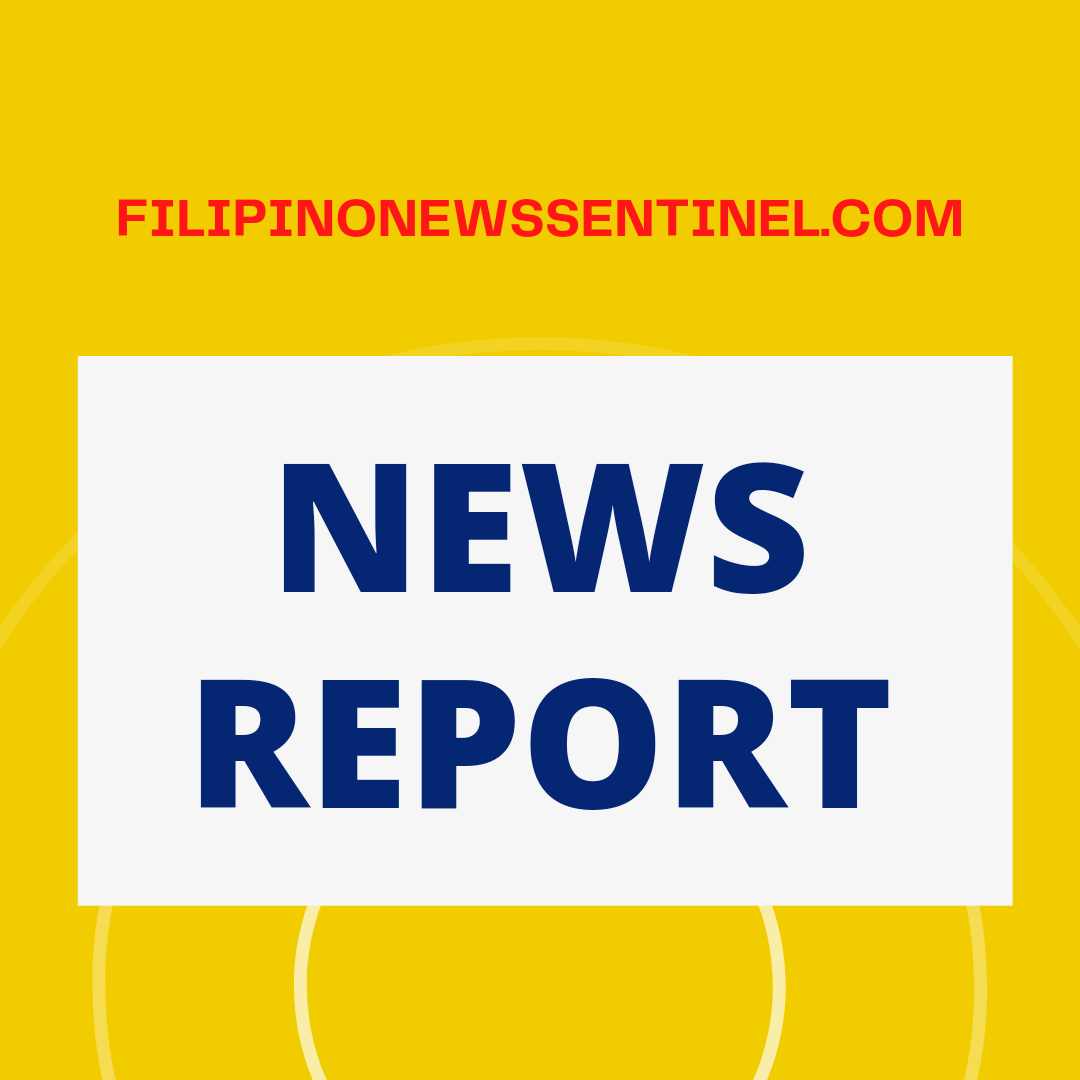
Sustainability of water resources was identified as the top indicator of resilience among six priorities listed by the city government in its roadmap to attain a resilient city by 2026.
The city’s target is ahead of the “Making Cities Resilient” (MCR) 2030 target by the United Nations Development Programme (UNDP).
In line with this, the city government partnered with the National Resilience Council – a private institution providing technical assistance and capacity building to local government units in achieving resilience targets.
Aside from enhancing water resource sustainability, the city government also listed the following as priorities: establish multi-stakeholder platform for resilience; enhance the climate and disaster risk and vulnerability assessment and mapping both city and barangay level; and, improve resilience governance and planning, including the establishment of a Disaster Risk Reduction and Management (DRRM) Information System (database) and Dashboarding.
Ensuring business continuity amidst any disaster or disruptive events was also listed a resilience priority along with the mainstreaming of gender equality, disability and social inclusion (GEDSI) in local DRRM plans, policies and initiatives.
Recently, members of the City Disaster Risk Reduction and Management Council participated in a three-day training for initial assessment of the city government’s resiliency status as to existing plans and programs.
As a result, the city garnered a 65% score on existing and implemented projects aligned to the five pillars of baseline scorecard namely: human development; human security; infrastructure; environment; and, local economy.
Meanwhile, the city needs to update its Climate and Disaster Risk Assessment (CDRA) and cascade the same to the barangays in the development of barangay DRRM plans.
“Our major challenge now is on building permits and how to make our infrastructures resilient to calamities,” says Engr. Charles Bryan Carame, head of the CDRRM.
Mayor Benjamin B. Magalong said that while the city was able to recover quickly from the impacts of previous calamities such as the COVID health pandemic, public market fire incidence as well as strong typhoons, a lot of work still needs to be done on resiliency.
The mayor directed the CDRRMO to work with the Baguio Water District in the development of climate change adaptation initiatives particularly on rain basin protection, slope monitoring and rainwater harvesting to address water resource sustainability. – JM Samidan


